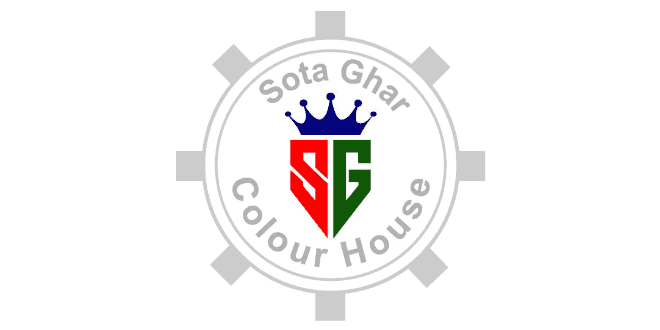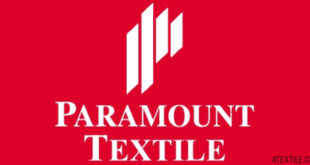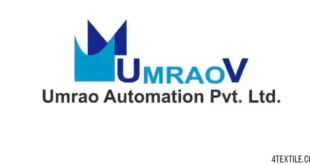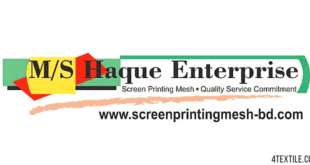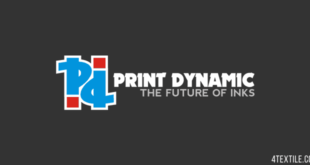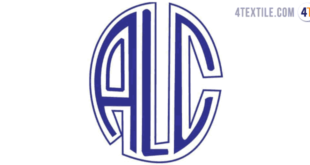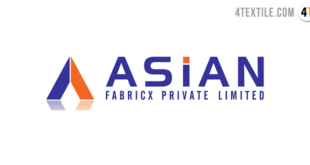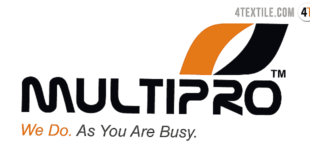| Company Name: | Sota Ghar Colour House |
| Segment: | Trading, Dyeing, Exporting, Importing |
| Expertise: | Textile Dyes, Chemicals, Printing, Textile Solvents |
| Phone: | +8801712108532/ 01742371317 |
| e-mail: | sota_ghar4243@yahoo.com |
| Address: | Rajuk Commercial Complex, Shop No # 42, 43 (Ground Floor). Plot # 69, Sector # 07, Azampur, Near Bus Stand, Uttara, Dhaka 1230 Bangladesh |
Sofa Ghar Color House has been playing a Dynamic role in the Textile Screen Printing sector of Bangladesh for the last 15 years & ready to serve the any Industry with all kind of exclusive printing solutions
Sota Ghar Colour House: About
The textile printing industry has been growing in Bangladesh’s garment industry since the 1980’s. According to BTMA (Bangladesh Textile Mills Association), there are 251 dyeing-printing finishing mills in Bangladesh. These printing mills in Bangladesh depend on printing Chemicals like print paste, dye, binder, fixer, etc. and most of them are imported from other countries.
Sota Ghar Colour House has been Playing a dynamic role in the Textile screen printing sector of Bangladesh for the last 15 years and ready to serve any industry with all kinds of exclusive printing solutions. Sota Ghar Colour House, a reputed importer of print-related equipment with a lot of reputation in the country and abroad, achieved international certifications like REACH, OEKO-TEX® ZDHC, GOTS, MRSL Compliant, EU Ecolabel, NORDAC Ecolabel. But behind every successful organization, there is a hard-working and honest person. Here the man is Anwar Hossain Didar.
Anwar Hossain Didar started his entrepreneurial journey in 2004 and is the proprietor of Sota Ghar Colour House. RMG and textile printing market was a growing sector in Bangladesh at that time. Exports of textiles, garments, and readymade garments (RMG) accounted for 77% of the total exports of Bangladesh in 2002. Bangladesh Garment Industry has been implementing All-Over Printing (AOP) for the printing of saris, bedding and fabrics.
Innovative preson, Anwar Hossain Didar saw a huge increase in textile printed garments in Bangladesh. Not only in Bangladesh, but the size of the global printed textile market hes also increased at CAGR of 8.9%. Bangladesh got a chance to grow in textile printed garments. However, raw materials for the textile printing industry, such as print chemicals, are mostly made in other countries. Now, with 15 years of experience, Anwar Hossain Didar has become a renowned indenter and importer of all kinds of textile screen printing chemicals. Most of the chemicals he imports are from Turkey, China and Taiwan.
Anwar Hossain Didar started his journey with a printing chemical buying house in Rajuk Commercial Complex. As a young entrepreneur, he also has a lot of downfalls. But he overcame each of them with his honesty and hard work. The issue that new entrepreneurs face the most is the payment issue. Manufacturing companies sometimes delay payments for months and years. This is since manufacturing companies want to retain their liquidity or inappropriate management. But it also creates a huge problem for new entrepreneurs.
In a close discussion with Textile Today, Anwar Hossain Didar said that a reputed company in Bangladesh has stopped paying his TK 5 million. This forces entrepreneurs to take loans and sometimes entrepreneurs go out of business. Suppliers are the foundation of a company’s supply chain. If companies don’t think about their suppliers, it can tarnish companies’ reputations. Then suppliers are reluctant to do business with that company.
Without a proper supply of raw materials, the entire supply chain of an organization can be borker like running production can be stopped and lead time can in crease. The epidemic situation has severed the business sector. So, the manufacturing company has a reason to hold the payment. Payment issues can be solved if suppliers and buyers cooperate more.
Mentioning ‘custom delays’ as another common problem for importers. Anwar Hossain Didar said, “Importers are calculating delays and high costs while complying with customs documentation at the port, although authorities have made significant improvements in recent times.”
According to the customs and port authorities, in 50 percent of the cases, it takes 72 hours to release the imported goods. However, in 30 percent of cases, importers need to spend 72 to 150 hours on documentary comsent. According to the Bangladesh Investment Development Authority (BIDA), 12 percent of imported products require 150 to 255 hours to process.
Product Range:
- Silicone Colors
- Silicone High Density
- Silicone Clear
- Emboss Silicone Paste
- Silicone Gel
- Silicone Transparent
- Silver Transparent
- Silver & Golden Paste
- Flock Powder
- Flock Gum
- Sun Reflective Color
- Redium Powder
- Foil Papers
- Oxal Fixer
- Rubber Gel
 4Textile.com World Textile & Apparel Industry Events, News
4Textile.com World Textile & Apparel Industry Events, News
